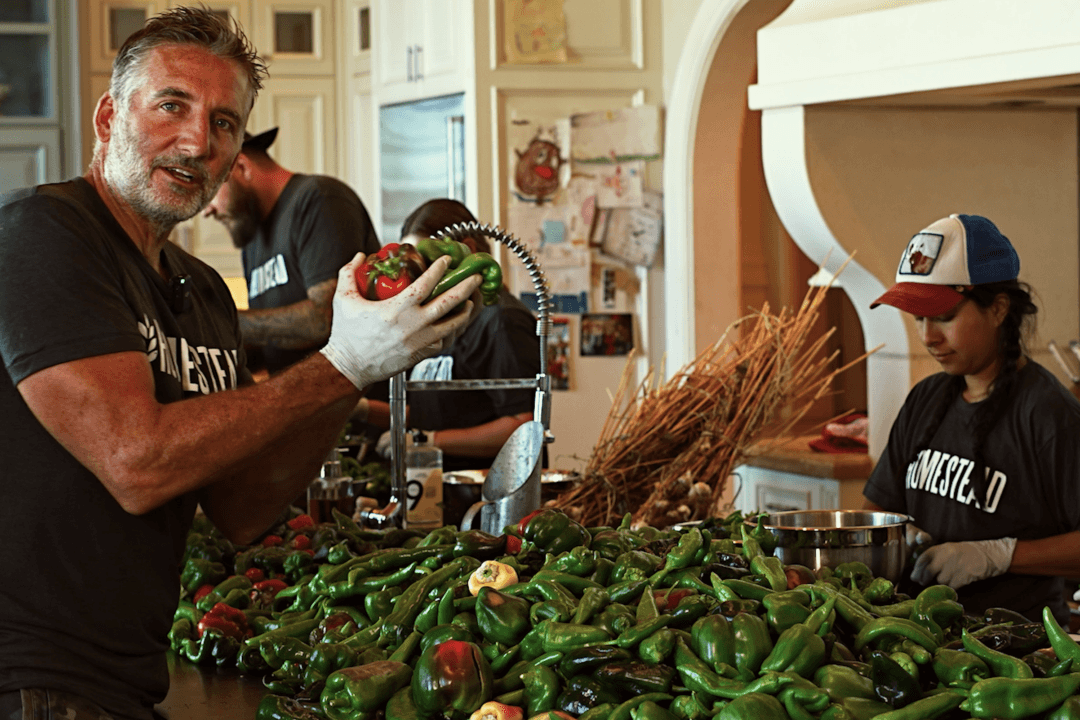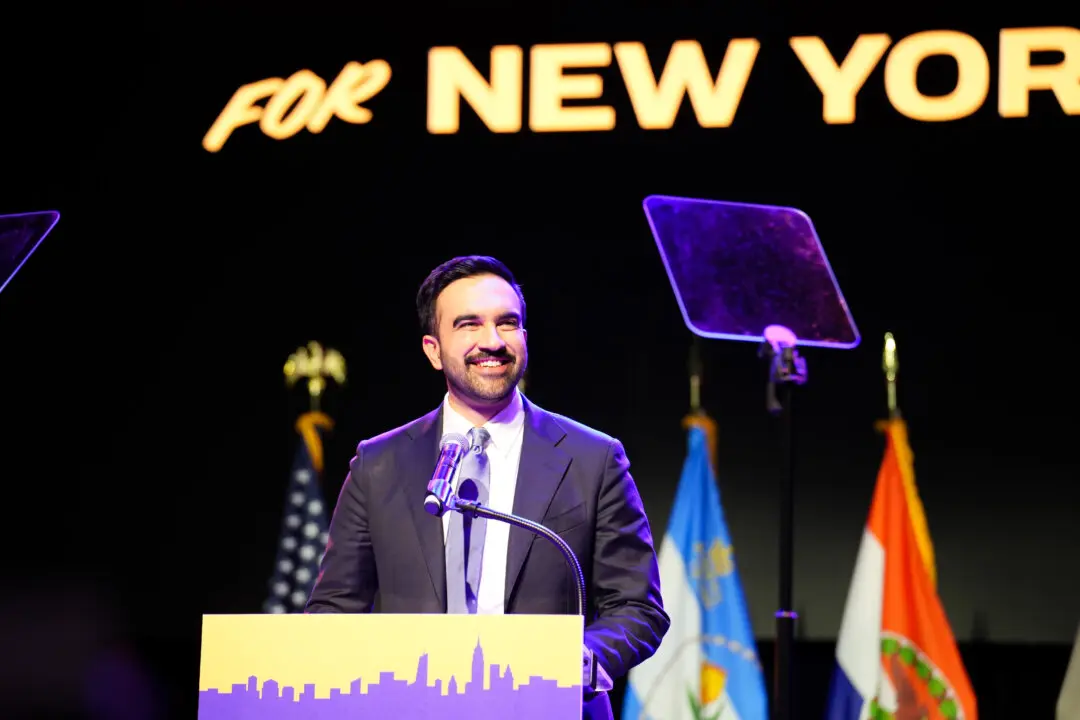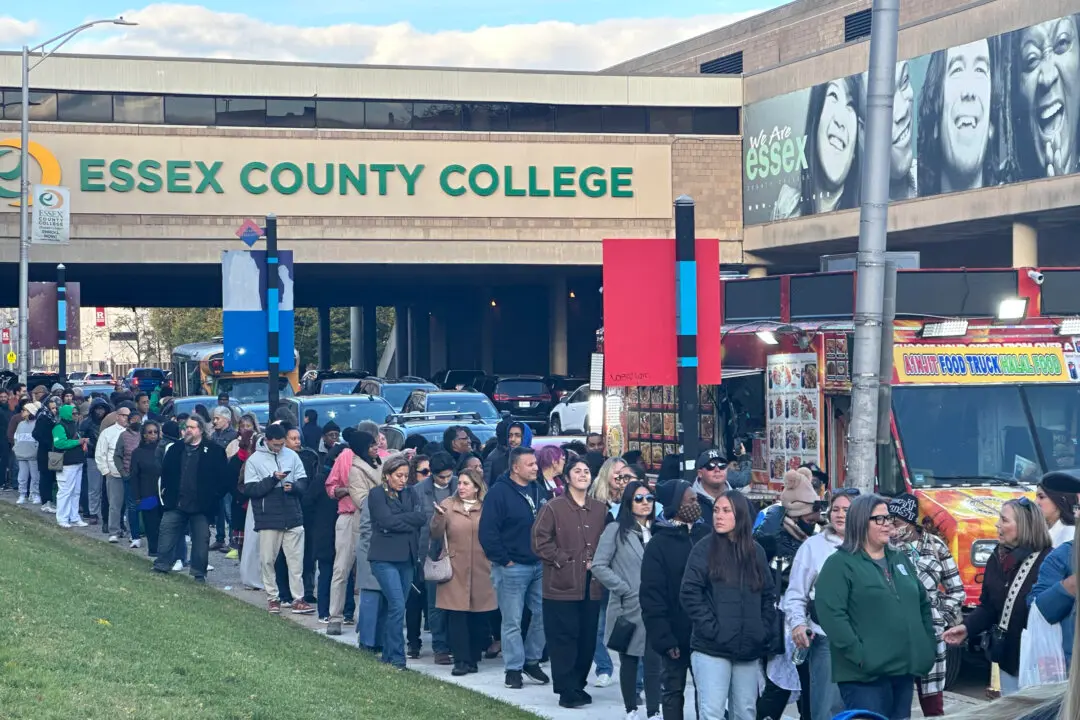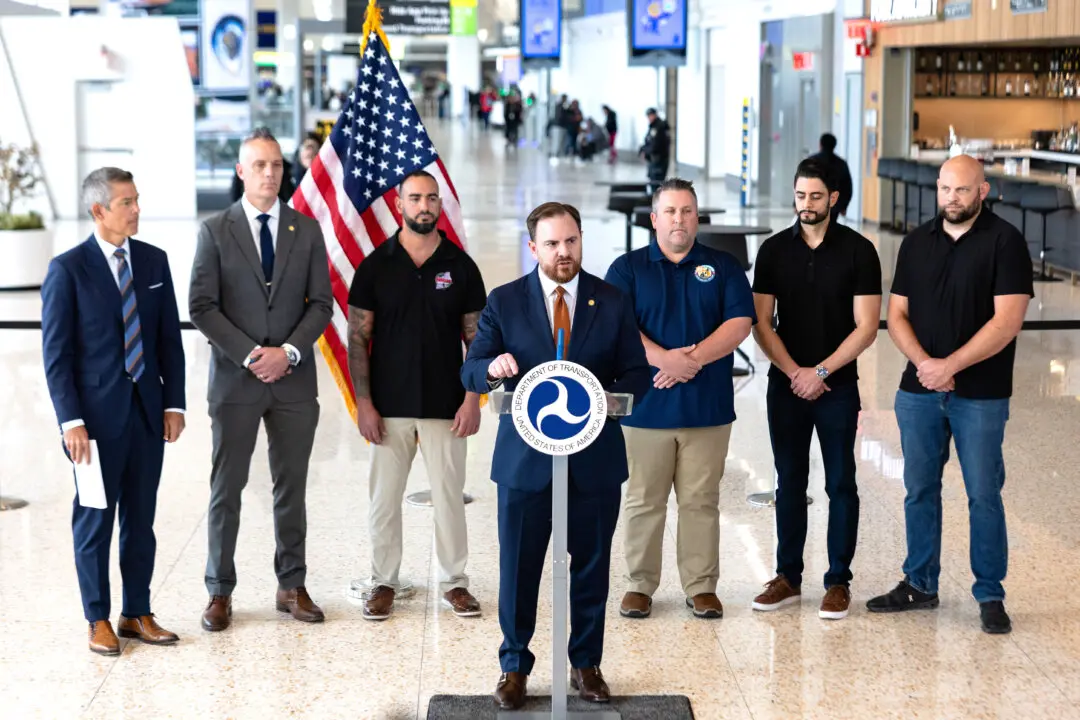Amid global food supply and sustainability concerns, Angel Studios has released an episodic reality series called “Homestead: Family Survival” about how families nationwide are taking steps to be more self reliant.
The first episode, streaming on the Angel Studios mobile app, focuses on farming, animal husbandry, and holistic living.





